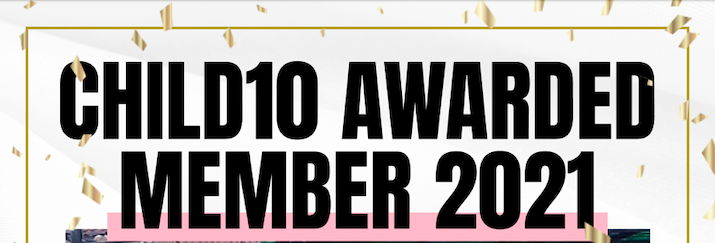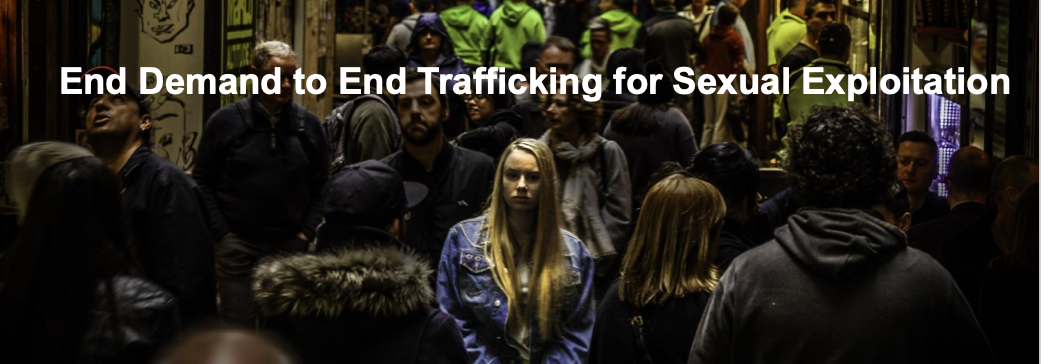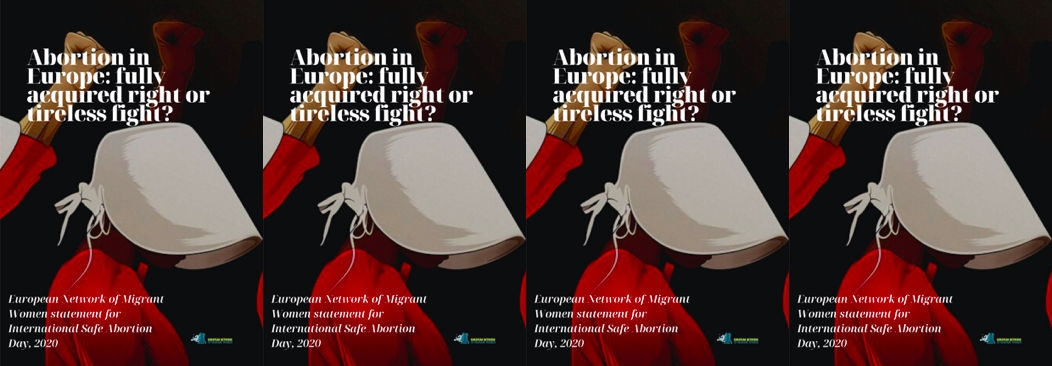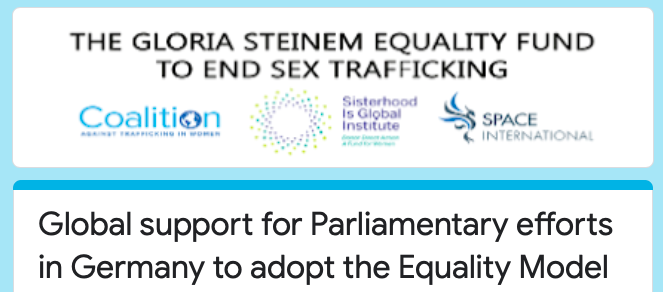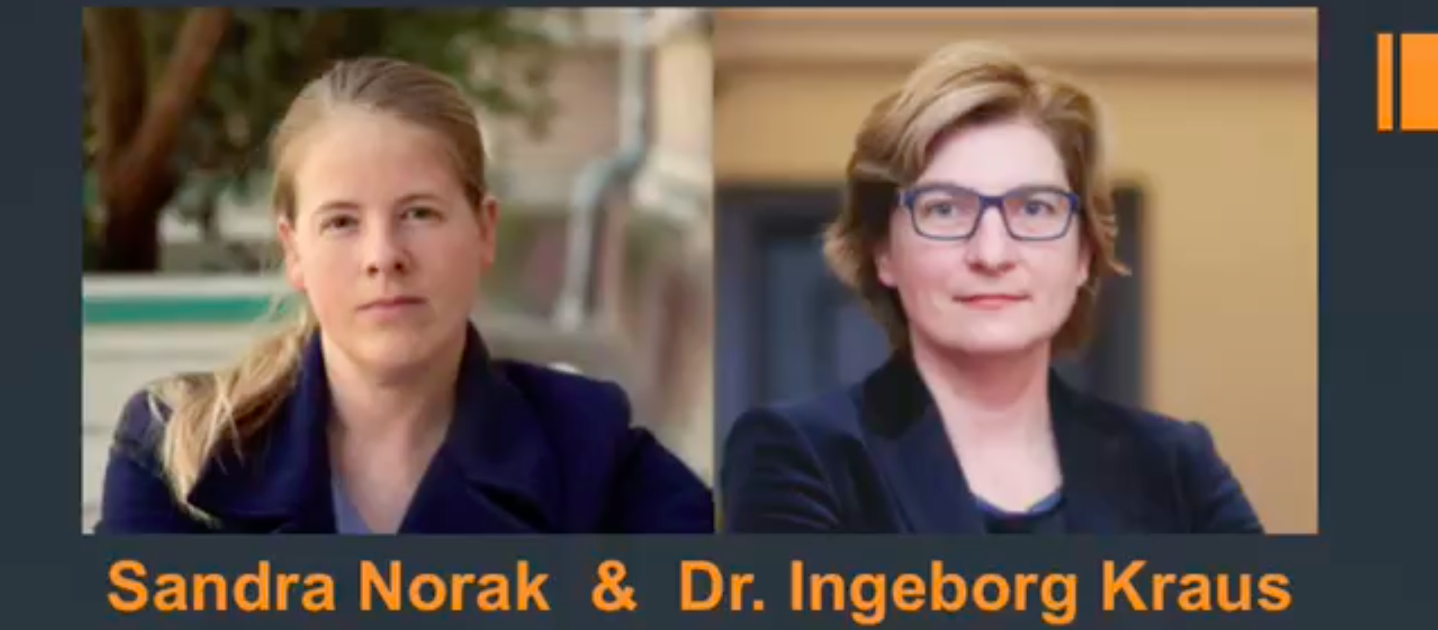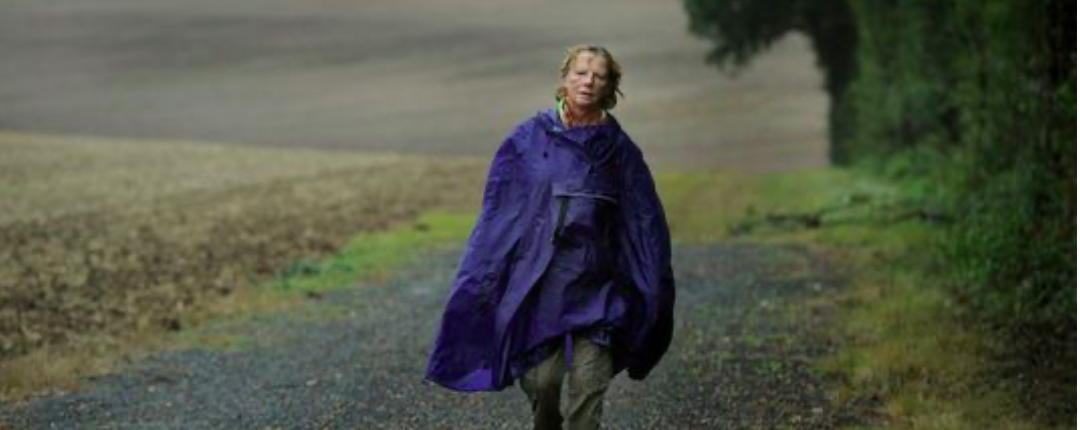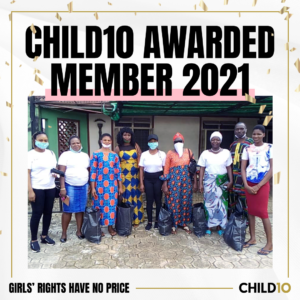 Child trafficking and sexual exploitation of children is on the rise in Europe. The outbreak of Covid-19 this past year, has only exacerbated the situation for these children and made many more vulnerable to abuse. Today Child10 is announcing the prominent 2021 Child10 Awarded Member organizations who are working across Europe and will now join forces to end human trafficking and sexual exploitation of girls in Europe. The organization Iroko Onlus is one of these ten organizations selected from over 90 nominations from 27 countries across the globe.
Child trafficking and sexual exploitation of children is on the rise in Europe. The outbreak of Covid-19 this past year, has only exacerbated the situation for these children and made many more vulnerable to abuse. Today Child10 is announcing the prominent 2021 Child10 Awarded Member organizations who are working across Europe and will now join forces to end human trafficking and sexual exploitation of girls in Europe. The organization Iroko Onlus is one of these ten organizations selected from over 90 nominations from 27 countries across the globe.
“The recognition by Child10 will ensure that we will be able to expand the impact of our work, to reach more survivors in Italy and also to reach more vulnerable women and girls in Nigeria. We very much look forward to collaborating with Child10 to expand our work and to ensure that our advocacy has the kind of impact that we hope to achieve. It is an honour to receive this award. Thank you very much”, says Esohe Aghatise, founder and executive director of Associazione Iroko.
Read the press release in full: Child10 Press Release 2021

